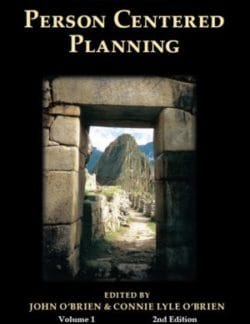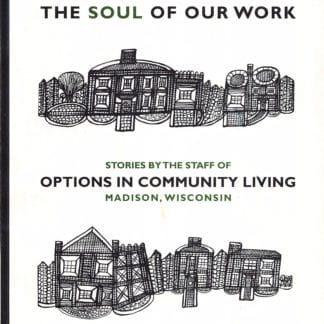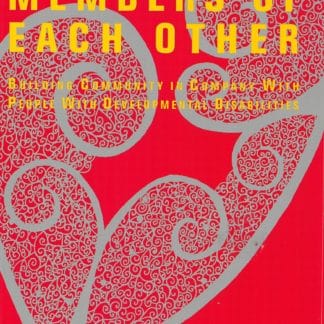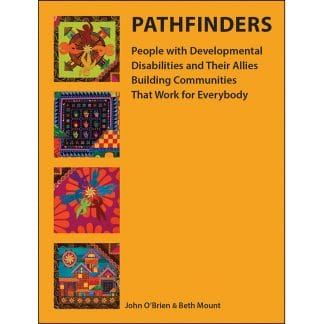John O’Brien
Oct. 1999
Among my friend Judith Snow’s wise sayings is her definition of a great question. “A great question refuses to be answered, and so it leads us into deeper thinking and deeper connections.” Visual play with the word shows that questions contain quests. Great questions move people into the adventure of searching together for something compellingly worthwhile. Such a search can seem too much to manage while juggling the daily requirements of survival or it can threaten too much embarrassment from the risk of seeming a poor imitator of Don Quixote. So, paradoxically, we can easily ignore great questions by refusing time for deeper thinking or withholding energy from deeper relationships. To influence us, great questions need hosts to invite their presence into busy lives and champions to remember their merit in the face of anxiety.
The hosts and champions of great questions need courage, respect, and a discipline. While great questions can be found in any field, what interests me here is the framing of great questions in the lives of people whose capacities easily get lost. Person-centered planning offers a disciplined way to search for great questions in the lives of particular people who choose it, questions that lead to deeper thinking about a person’s identity and contributions and to deeper connections to other people who matter for the person’s future. Sarah, nine-year old John’s mother, has found such a question:
“Who will need to know John, and what kind of experience will they need to have with each other so that someone in our circle will offer John employment when he leaves school? What do we need to be doing together over the next ten years for this to happen?1



